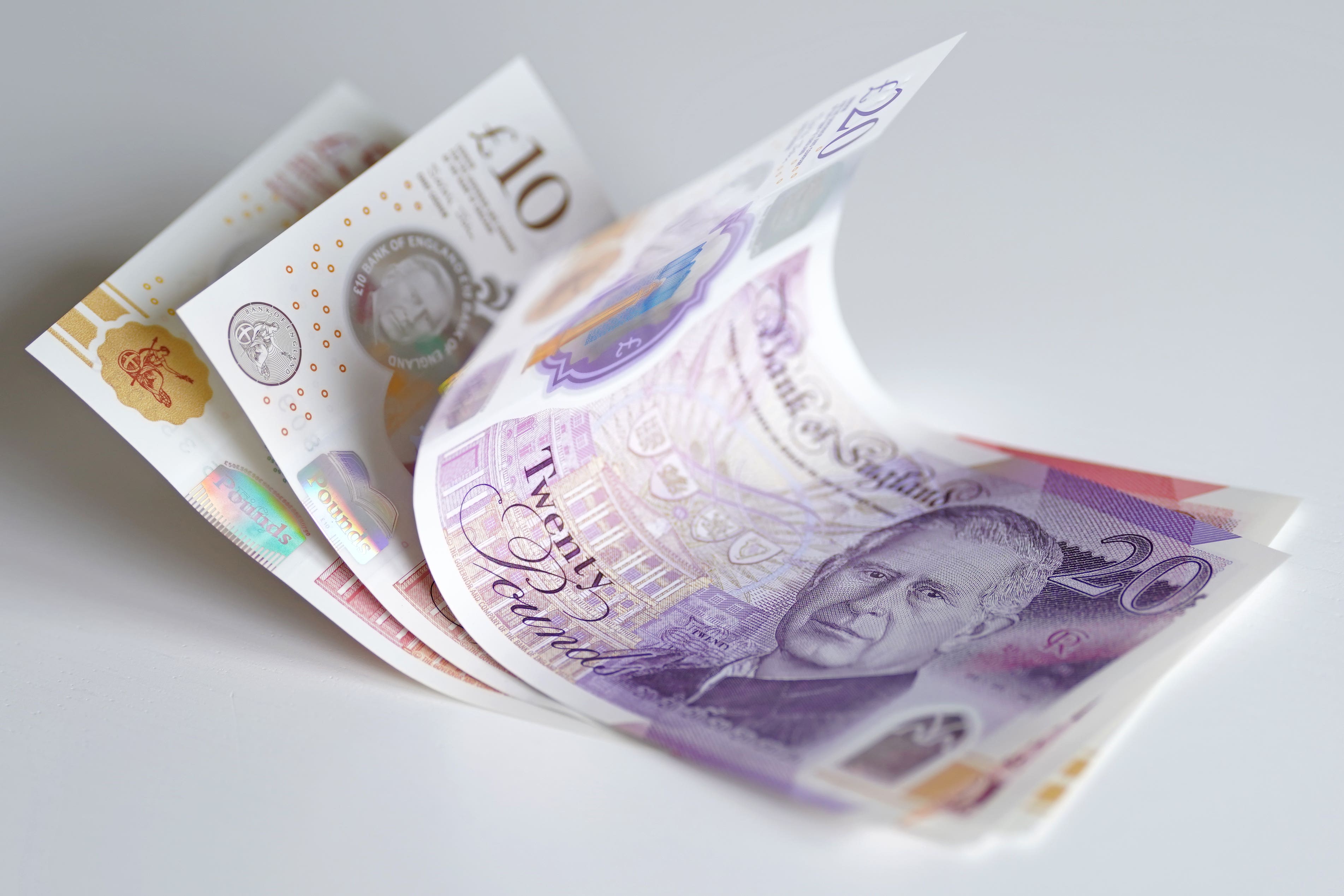Some shoppers more inclined to carry cash due to card and phone payment issues
Just over a fifth of people surveyed had experienced card and phone payment issues in the past six months, according to research for KPMG UK.

More than two-thirds of people who have experienced card and phone payment problems in the past six months say this has made them more likely to carry cash, a survey has found.
Just over a fifth (22%) of people surveyed had experienced card and phone payment issues in the past six months, with 68% saying this has made them more inclined to carry coins and banknotes, according to KPMG UK.
More than half (53%) said they use cash at least once a week, which was slightly up from 47% when similar research was carried out last year.
Some 52% of 18 to 24-year-olds said they use cash at least once a week, as did 58% of those aged 55 and over.
More than two-fifths (44%) of adults said they used a debit card the last time they made an in-person payment, followed by 23% who used a credit card and 20% who used cash.
Black Friday is a particularly crucial period when it comes to the convenience, stability and security of payments
One in 11 (9%) adults said they had used a digital wallet to make a physical payment, the OnePoll survey of 2,000 people across the UK in October found.
KPMG UK said separate research among payments professionals working for UK financial institutions and retailers indicated that just over two-thirds (68%) had either started or undertaken significant payment system improvements in the past year.
Peter Harmston, payments lead at KPMG UK, said: “Blac kFriday is a particularly crucial period when it comes to the convenience, stability and security of payments and a reminder of how vital the resilience of the UK’s payment infrastructure is for consumers, businesses and the economy.
“Greater public awareness of major events that disrupt payments, coupled with ongoing concerns related to fraud, are reinforcing consumer preference for choice in how they pay, with some migrating back to the comfort of cash in times of trouble.
“And with over half of young adults using cash at least once a week, it’s clear that cash needs to be protected and offered alongside other payment methods.”
Some non-cash payment methods can give consumers additional protections if something goes wrong. For example, someone paying by credit card could have protections under Section 75 of the Consumer Credit Act.
People paying by card may also be able to ask their bank to reverse a transaction under the chargeback scheme.
Schemes such as PayPal also offer certain protections if something goes wrong with a purchase.
Bookmark popover
Removed from bookmarks